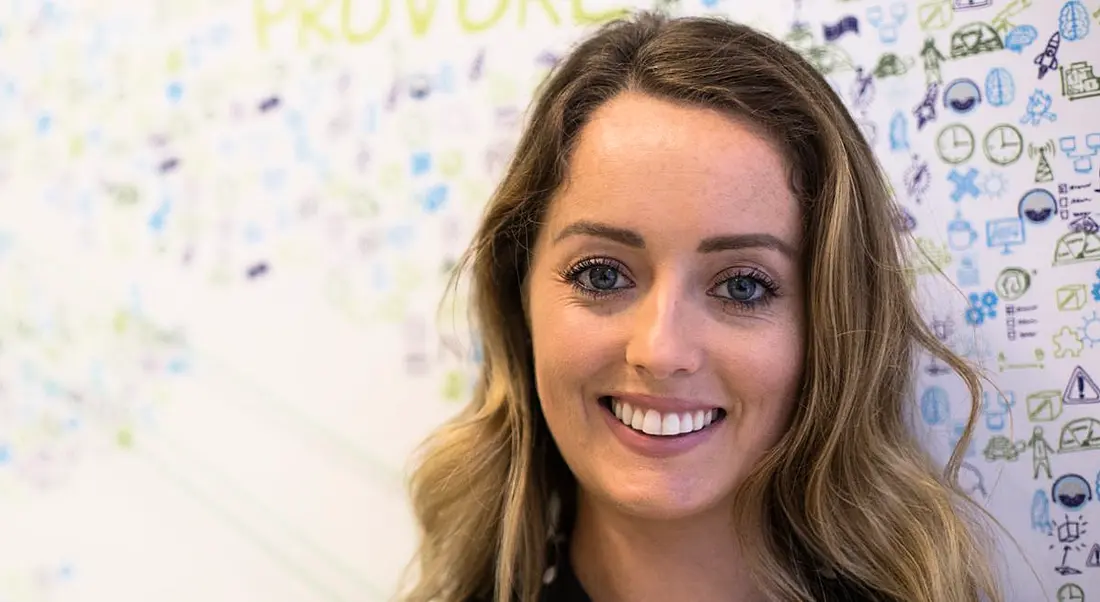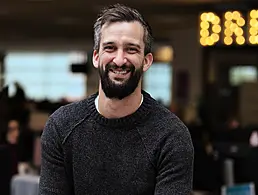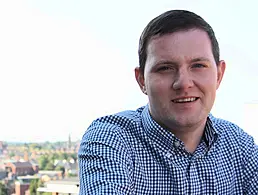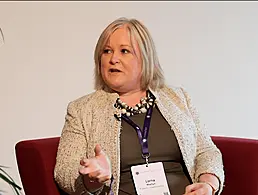Thinking of pursuing a role in a graduate programme? Learn what they’re really like from someone who has participated in one.
It can be a hard life for recent graduates, with massive competition for open roles. Furthermore, graduates often lack the experience that many employers require for even entry-level jobs. For some, the answer lies in graduate programmes.
Niamh O’Connell, a business analyst within Deloitte’s consulting practice, started out at the professional services firm in a graduate role. Here, she gives us an idea of what her time on the programme was like.
What did you study in college?
I studied business, economic and social studies (BESS) at Trinity College Dublin, before completing a master’s in management consultancy at Michael Smurfit Graduate Business School.
With this programme, are you now working in your desired industry?
Yes, I am applying my acquired business and consultancy skills in my current job within Deloitte’s consulting practice.
What drew you to Deloitte when you were seeking work as a graduate?
The innovative culture and the people. I completed a summer internship there during my undergraduate degree, and immediately felt like I fitted in and that this was the right place for me to work. That mainly boiled down to the people that I was working with, along with the type of work itself. Everyone I worked with was so approachable and supportive, and genuinely wanted to help me progress my career.
What expectations did you have before you began the programme?
I knew I would be working on challenging client projects and there would be a steep learning curve, as this is the nature of consulting work.
What duties and responsibilities were you given initially?
As a business analyst, I supported my team in analysing, mapping and documenting clients’ business requirements, as well as redesigning their newly proposed operating (or process) model.
I also supported our project manager with management tasks – including project planning and resource management – and to ensure we kept on target and achieved our deliverables.
Did the scope of your work change as the programme progressed?
Yes. With all consulting projects, your responsibilities will change depending on the project phase, so being flexible and learning how to adapt to different roles is important.
Can you describe a typical day in your role?
I am currently working within our newly established consulting blockchain lab as a business analyst. The work is dynamic and changes on a daily basis. One morning, I could be working on a client engagement and then, in the afternoon, I could be on a call with a colleague in the US practice, discussing and planning how we can collaborate and write a piece of thought leadership together.
How do your responsibilities compare to more experienced employees’?
Generally, your responsibilities differ depending on your level, capability and knowledge. The great thing about working at Deloitte is that, if you demonstrate you have the capabilities to carry out tasks beyond your level, the company will provide you with the opportunity to do so.
Do you feel more prepared for working life after completing this programme?
Yes. The skills I have learned from working on client engagements – along with various training courses I have undertaken – have equipped me with a skill set that I know I can apply to any career in any industry.
Why should someone apply to the graduate programme at this company?
If you are looking for a career that focuses on advising and supporting organisations as they strengthen their businesses in a fast-paced, dynamic and challenging environment, then I suggest you apply for a role in Deloitte’s consulting division.
Want to work at Deloitte? Check out the Deloitte Careers page for current vacancies.




